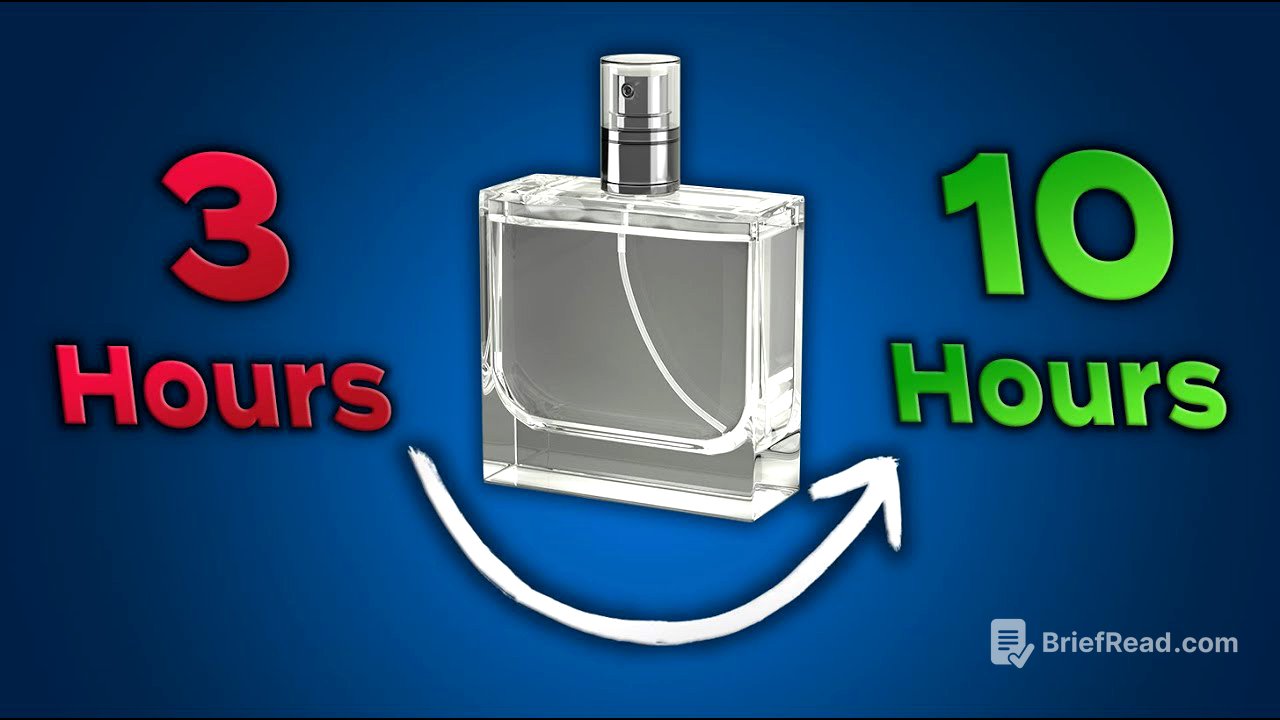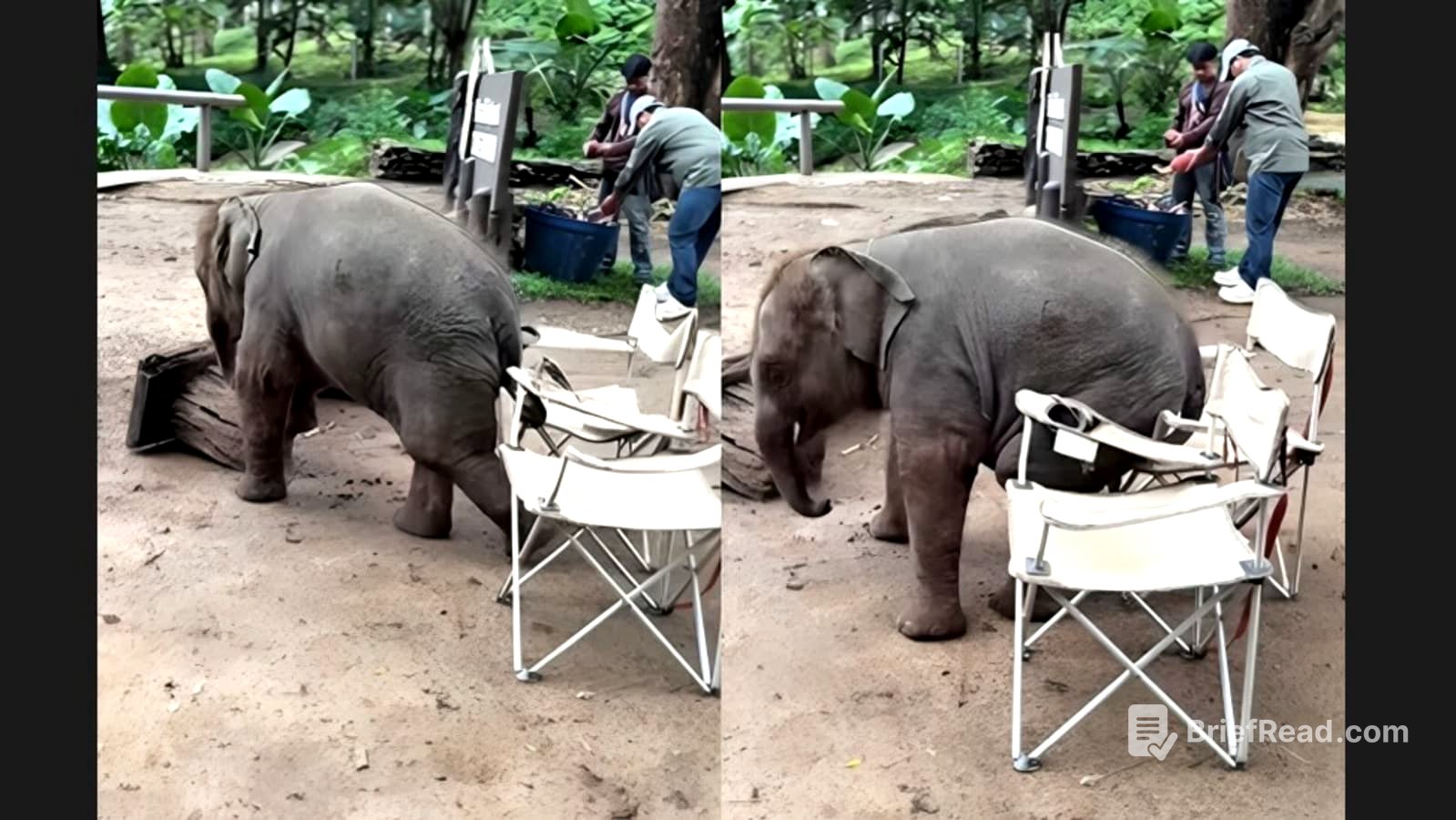TLDR;
This video is all about how to make your perfumes last longer and project well, just like the designer ones. It busts the myth that you can simply add a magic ingredient to make any perfume perform well. Instead, it stresses the importance of composing your perfume with both the smell and the performance in mind from the very beginning.
- You can't just add something at the end to fix a perfume's longevity or projection.
- Understanding raw materials and their properties is key.
- Perfume creation is a balancing act between smell and performance.
The Myth of Magic Beans [0:00]
The video starts by addressing a common question: How to make perfumes last longer and project better? A lot of people think they can just add something like Iso E Super or ambroxan to fix their perfume's performance. But the thing is, that's not how it works, boss. If it were that easy, everyone would be making designer perfumes, and there would be no need for expert perfumers.
Projection vs. Longevity: The Molecule Game [2:22]
The main problem is that projection and longevity are kind of opposites. Projection is when the smell hits you hard and travels far, while longevity is when the smell sticks around for a long time. This difference boils down to how molecules work. Molecules that evaporate quickly give you strong projection but don't last long. Molecules that stick around give you longevity but are more subtle.
The Role of Special Raw Materials [5:16]
Some raw materials, like Iso E Super and vanillin, can give you both longevity and projection. These materials have low odor detection thresholds, meaning you don't need much of them to make a big impact. But even with these materials, it's not as simple as just dumping them in.
The Fixative Effect and the Smell Factor [6:19]
Adding something that lasts a long time can flatten the top notes, reducing the initial projection. This is because fixatives can trap some of the more volatile molecules, making them evaporate less quickly. Also, materials like Iso E Super have their own smell. When you add them, you're adding another smell to the composition, not magically making everything else last longer.
The Real Solution: Compose with Performance in Mind [9:26]
The solution is to compose your perfumes with both the smell and the performance in mind from the start. You can't separate the two. This is why perfumery is so difficult and why perfumers spend years learning about raw materials and formulas. It's a balancing act between raw materials that perform well and give you the smell you want.
How to Learn Perfumery the Right Way [10:44]
To learn how to compose perfumes that both smell nice and perform well, you need to start by learning your raw materials. This means smelling them, evaluating them, and understanding their properties. You need to know which materials are top, middle, and base notes, and how much each of them projects. Also, keep an eye out for materials that give you both longevity and projection.
Resources for Learning Perfumery [12:17]
There are many resources available online to learn perfumery, such as Basenotes forums and YouTube channels. You need to buy the raw materials, learn them, and practice making blends. You can also study existing formulas to get an idea of how materials are used in compositions. The video also mentions an online course for a structured learning experience.









